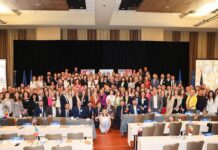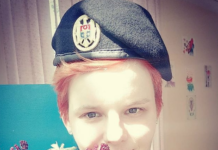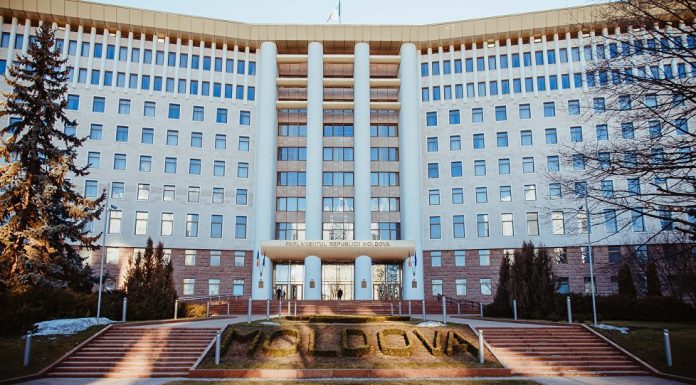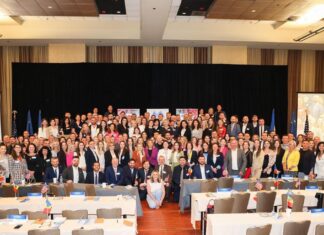
In 2005 Moldova joined the Global Partnership for Education and received two grants (in 2005 and 2011) totaling US$13.2million, which were solely devoted to the revitalization of Early Childhood Education. As a priority sector, the budget allocated to education over the period 2000-2015 grew steadily (18% in 2015), in particular investments in this sector, which almost doubled, from 12% in 2000 to 22% in 2015 on the total education expenditure, according to the Global Partnership for Education Program, where Moldova is part of.
More children still need to attend preschool programs
We still have 155 localities without preschools, and the rural/urban gap in ECE enrollment remains at 30%. Moreover, very young children (1 to 3 years old) are still a minority to benefit from ECE, with only 15% enrolled.
When it comes to inclusion, we can still improve, as only about 21% of Roma children and only about 40% of children with disabilities attend preschool.
Finally we can still make progress on the quality of preschool education (only 30% of children between 3 and 5 are on track for literacy and numeracy), and build better links with other sectors.
What next? Studies inform policies
In cooperation with UNICEF, the Ministry of Education launched a series of studies. The findings of the study on costing ECE services will be used to develop a per-capita funding formula at the preschool level and a standard package of educational services including early education services.
The results of the evaluation of services for children under 3, piloted with UNICEF support, were shared with decision makers at central and local levels. The results were used for planning and advocacy purposes to push the approval of an amendment to the Labor Code regarding the introduction of provisions on a two-week paternal leave.
Support was provided to central and local authorities to undertake a national assessment on WASH (water, sanitation and hygiene) in pre-schools. Detailed evidence on access of children and staff to quality water and sanitation facilities, and on hygiene practices in all 1,453 pre-school institutions will be further used by central and local authorities for planning and programming purposes and promotion of lifelong health from an early age.
Child friendly approaches and inclusion of all at-risk children
The ECE curriculum was revised from the perspective of child-friendly approaches to ensure child participation and social inclusion of the most disadvantaged young boys and girls.
The newly developed regulations on mentoring will further support the institutionalization of this innovation and help educators and teachers benefit from professional support in the work place. They will also gain practical knowledge and skills on working with children with disabilities, Roma children and children left behind.
The revision of the criteria and procedure to determine disability will ensure social inclusion of children with special needs.
In order to improve parental knowledge and skills, Moldova has developed a national cross-sectoral strategy on positive parenting, approved by the government in July 2016 and with support from UNICEF. In collaboration with CSOs and universities several modules and guides on positive parenting for professionals were developed and are being piloted.
Based on a study of supply and demand of services for children under 3, undertaken with UNICEF and UN Women, a legislative and normative framework of services will be developed.
Overall we are proud of the progress Moldova has been able to achieve, and we will continue our efforts to ensure that all Moldovan children can benefit from a good quality early education.





















